Why some Americans are skipping Target and Amazon this holiday weekend
If you’ve been thinking about skipping that Target run this weekend, you’re not alone. A grassroots group called The People’s Union USA is asking shoppers to sit out spending money at major retailers, restaurants, and banks from midnight on Good Friday through Easter Sunday. “No shopping, no spending, no fueling the corporate machine that has been bleeding us dry,” organizer John Schwarz said in a video posted to Instagram. The goal? Hit big brands where it hurts—their bottom line. The boycott follows weeks of frustration over corporate DEI rollbacks and rising political tension, especially with companies such as Target, which has been the focus of a separate 40-day boycott led by faith leaders during Lent. As a result of its DEI policy changes, Target has been the target of a boycott organized by faith leaders for the last 40 days, coinciding with Lent. On January 24, Target announced that it was getting rid of policies concerning hiring goals for minority employees, an executive committee focused on racial justice, and other changes to its diversity initiative. According to a report from Numerator, more than one in 10 customers surveyed on April 16 plan to participate in the boycott, though this move is less well-known than the widespread “economic blackout” that took place on February 28. Furthermore, not all participants are planning to fully stop their spending for the weekend, though many plan on avoiding large corporations, including the brands Target, Walmart, Amazon, McDonald’s, and Starbucks. Half of all participants are shifting their dollars to local, small businesses instead. Users on X and Bluesky sounded off, reposting The People’s Union’s post and reminding users to take stock of what matters. “Money anxiety is on everyone’s mind this week between taxes and tariffs,” the CataLIST posted. “Take back control by consciously choosing how and where you spend your money.” This Blackout is the second widespread boycott organized by The People’s Union. The first occurred on February 28, and the same report from Numerator said that although sales and trips were down across retailers, Amazon, Target, and Walmart saw declines beyond standard weekly variation. Black and LGBTQ+ consumers showed the most significant participation in the February 28 blackout. Many of these boycotts cite brands’ DEI pullbacks and policy changes at the behest of the new administration. Though blackouts and boycotts already have scheduled dates in the future, Target is attempting to fix its relationship with its consumer base as the 40-day “Lent” spending fast comes to a close. On April 17, Target CEO Brian Cornell met with Rev. Al Sharpton, head of the civil rights organization National Action Network, to discuss DEI and racial justice. Sharpton called the meeting “constructive and candid,” and plans to meet with some members of the National Action Network board of directors to determine next steps with Target. Whether or not the boycott makes a measurable dent in sales this weekend, organizers say it’s about more than just the money—it’s about sending a message.
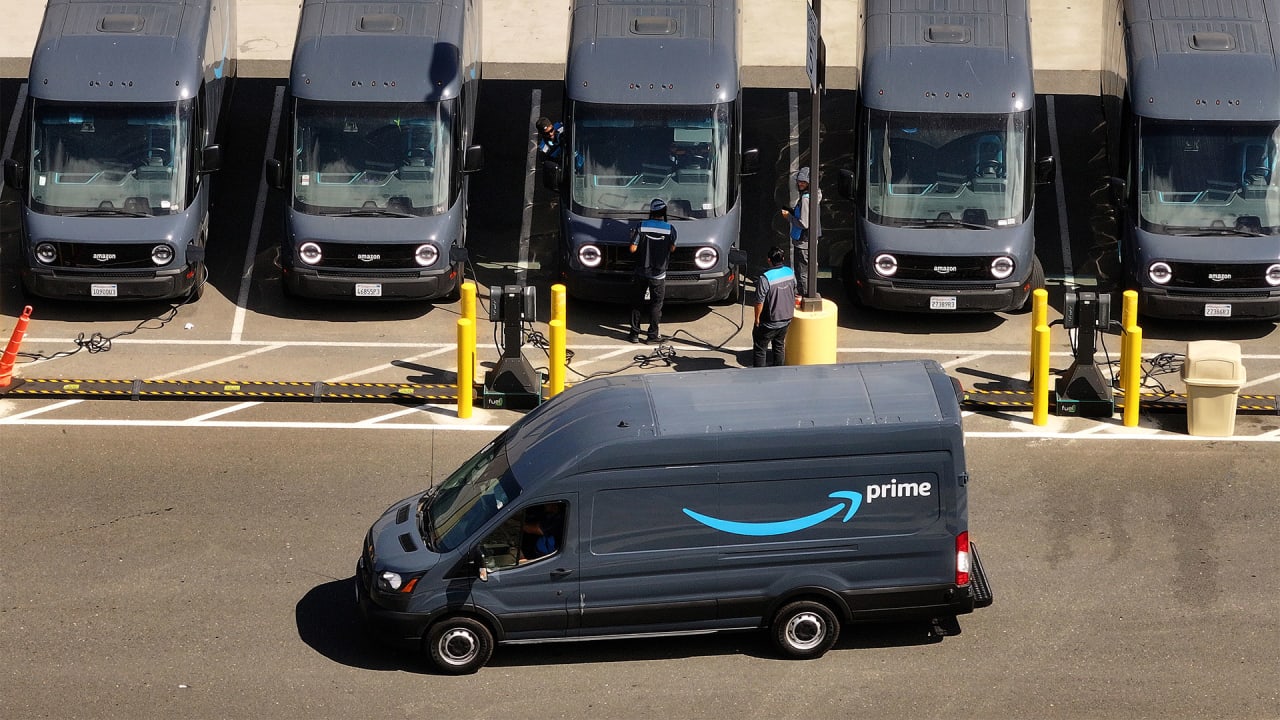
If you’ve been thinking about skipping that Target run this weekend, you’re not alone. A grassroots group called The People’s Union USA is asking shoppers to sit out spending money at major retailers, restaurants, and banks from midnight on Good Friday through Easter Sunday.
“No shopping, no spending, no fueling the corporate machine that has been bleeding us dry,” organizer John Schwarz said in a video posted to Instagram.
The goal? Hit big brands where it hurts—their bottom line. The boycott follows weeks of frustration over corporate DEI rollbacks and rising political tension, especially with companies such as Target, which has been the focus of a separate 40-day boycott led by faith leaders during Lent.
As a result of its DEI policy changes, Target has been the target of a boycott organized by faith leaders for the last 40 days, coinciding with Lent.
On January 24, Target announced that it was getting rid of policies concerning hiring goals for minority employees, an executive committee focused on racial justice, and other changes to its diversity initiative.
According to a report from Numerator, more than one in 10 customers surveyed on April 16 plan to participate in the boycott, though this move is less well-known than the widespread “economic blackout” that took place on February 28.
Furthermore, not all participants are planning to fully stop their spending for the weekend, though many plan on avoiding large corporations, including the brands Target, Walmart, Amazon, McDonald’s, and Starbucks. Half of all participants are shifting their dollars to local, small businesses instead.
Users on X and Bluesky sounded off, reposting The People’s Union’s post and reminding users to take stock of what matters.
“Money anxiety is on everyone’s mind this week between taxes and tariffs,” the CataLIST posted. “Take back control by consciously choosing how and where you spend your money.”
This Blackout is the second widespread boycott organized by The People’s Union. The first occurred on February 28, and the same report from Numerator said that although sales and trips were down across retailers, Amazon, Target, and Walmart saw declines beyond standard weekly variation. Black and LGBTQ+ consumers showed the most significant participation in the February 28 blackout.
Many of these boycotts cite brands’ DEI pullbacks and policy changes at the behest of the new administration. Though blackouts and boycotts already have scheduled dates in the future, Target is attempting to fix its relationship with its consumer base as the 40-day “Lent” spending fast comes to a close.
On April 17, Target CEO Brian Cornell met with Rev. Al Sharpton, head of the civil rights organization National Action Network, to discuss DEI and racial justice. Sharpton called the meeting “constructive and candid,” and plans to meet with some members of the National Action Network board of directors to determine next steps with Target.
Whether or not the boycott makes a measurable dent in sales this weekend, organizers say it’s about more than just the money—it’s about sending a message.




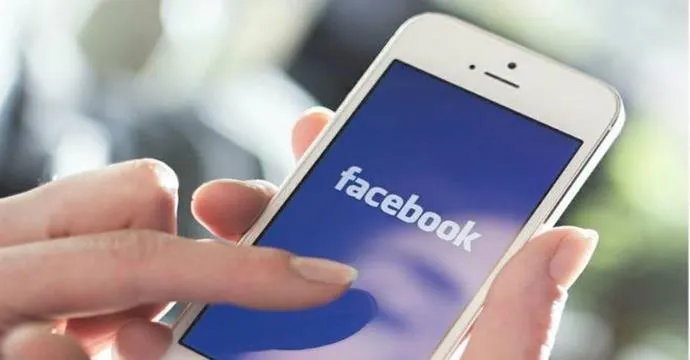

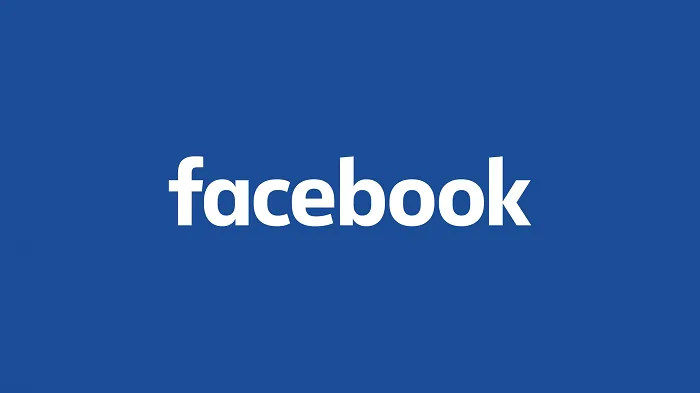




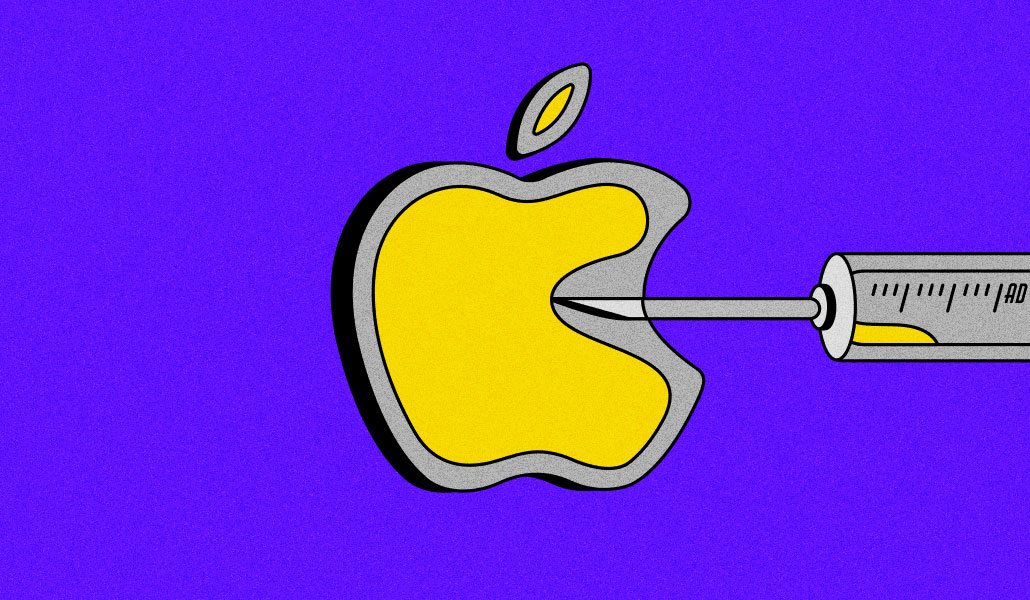


![31 Top Social Media Platforms in 2025 [+ Marketing Tips]](https://static.semrush.com/blog/uploads/media/0b/40/0b40fe7015c46ea017490203e239364a/most-popular-social-media-platforms.svg)
















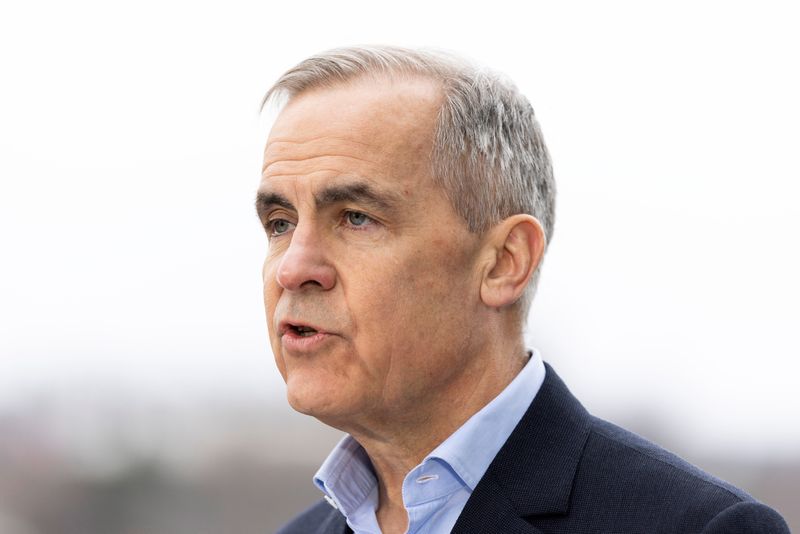

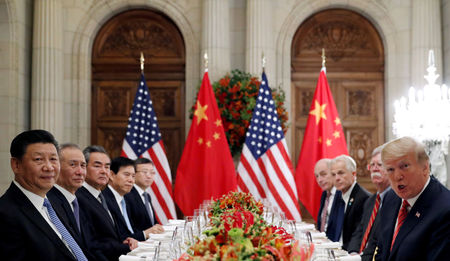






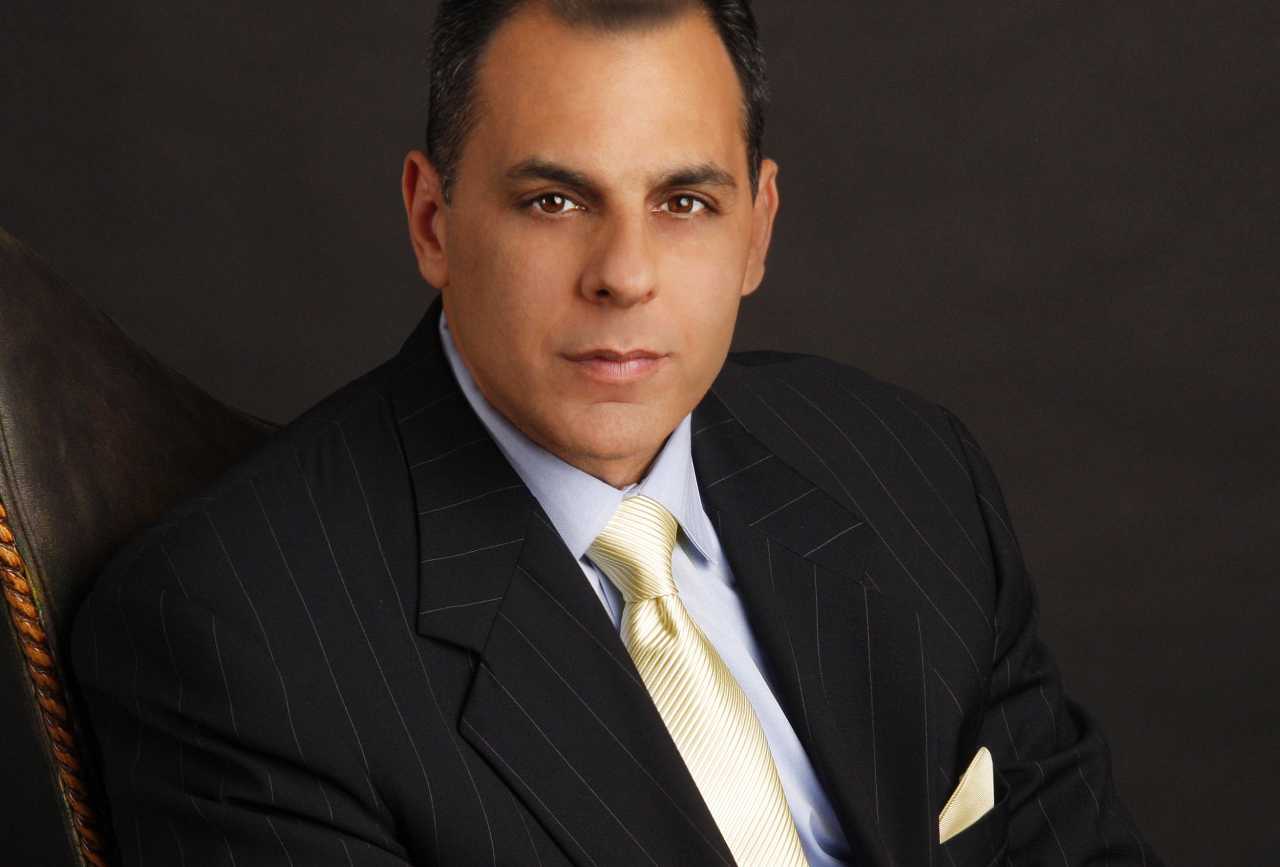














![[Weekly funding roundup April 12-18] VC inflow declines to 2nd lowest level for the year](https://images.yourstory.com/cs/2/220356402d6d11e9aa979329348d4c3e/WeeklyFundingRoundupNewLogo1-1739546168054.jpg)






















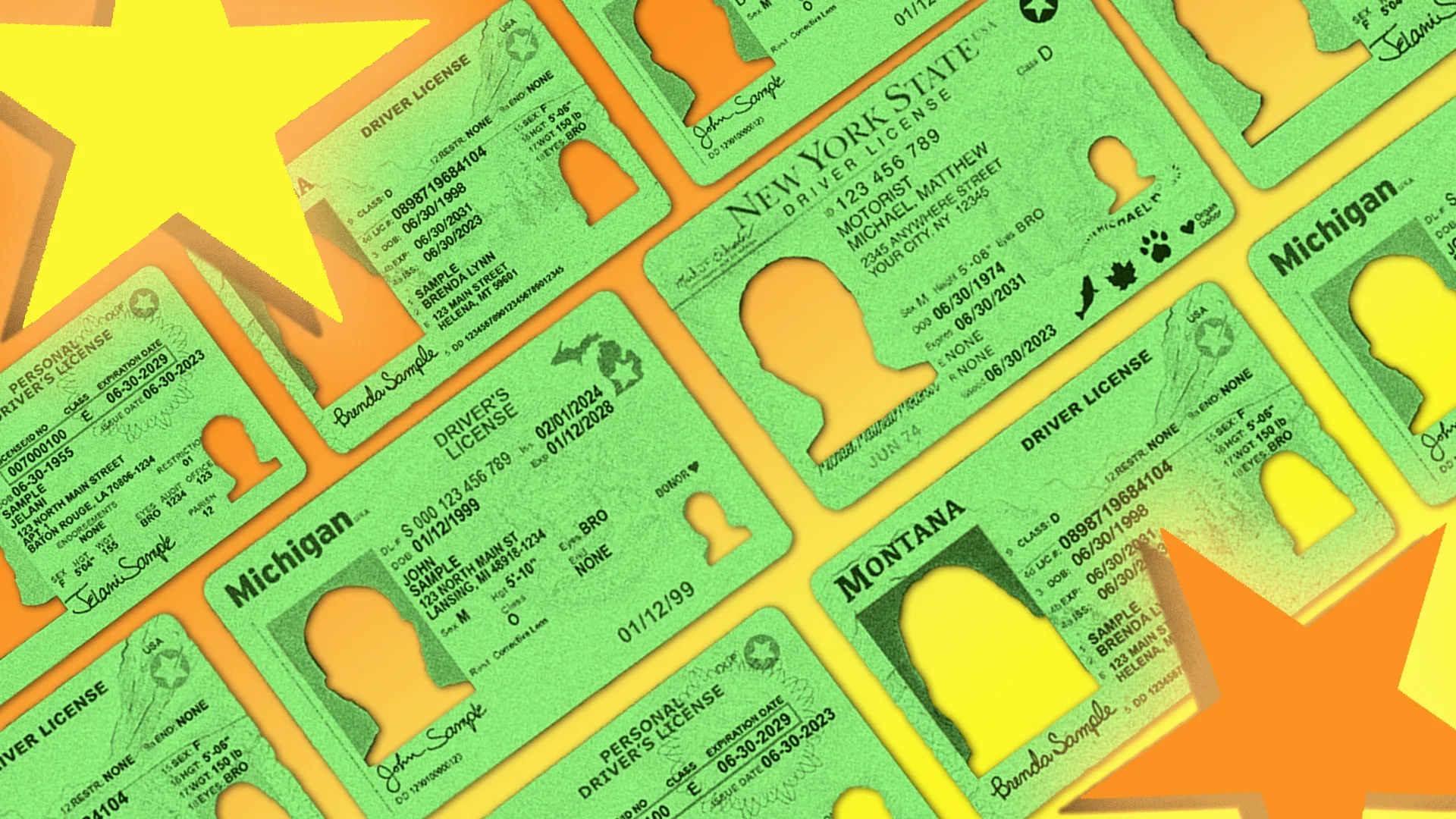

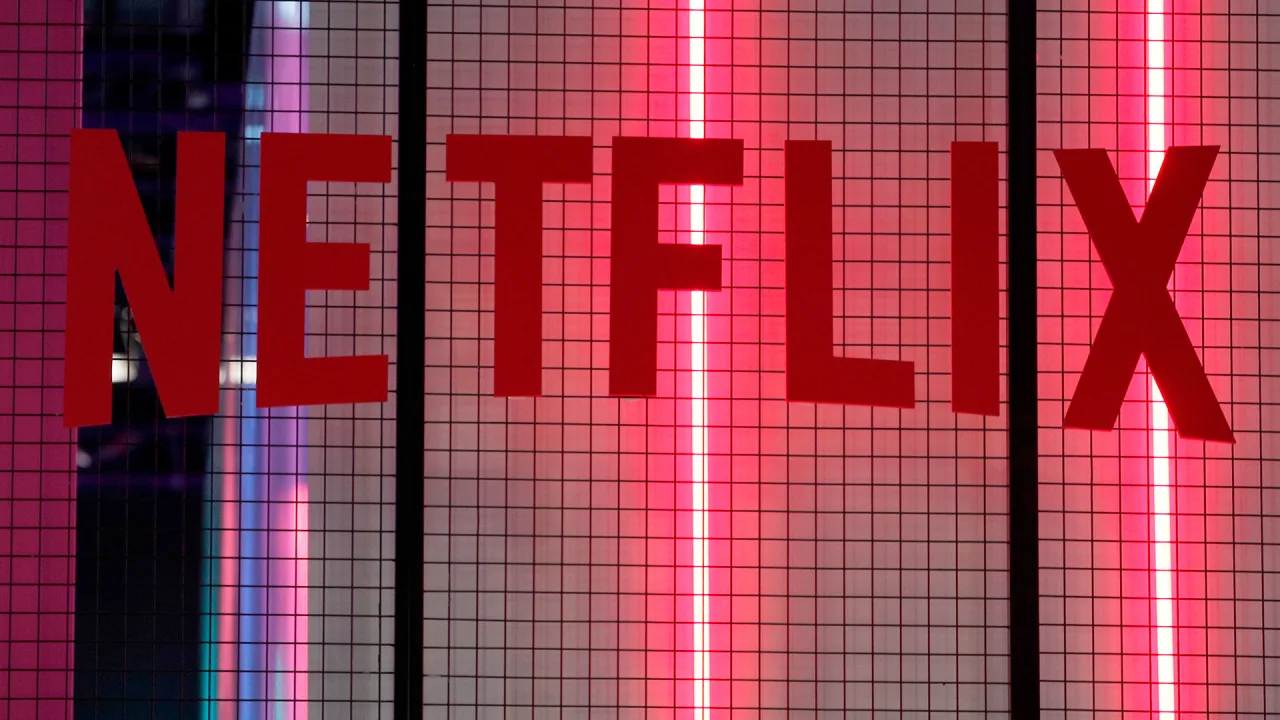
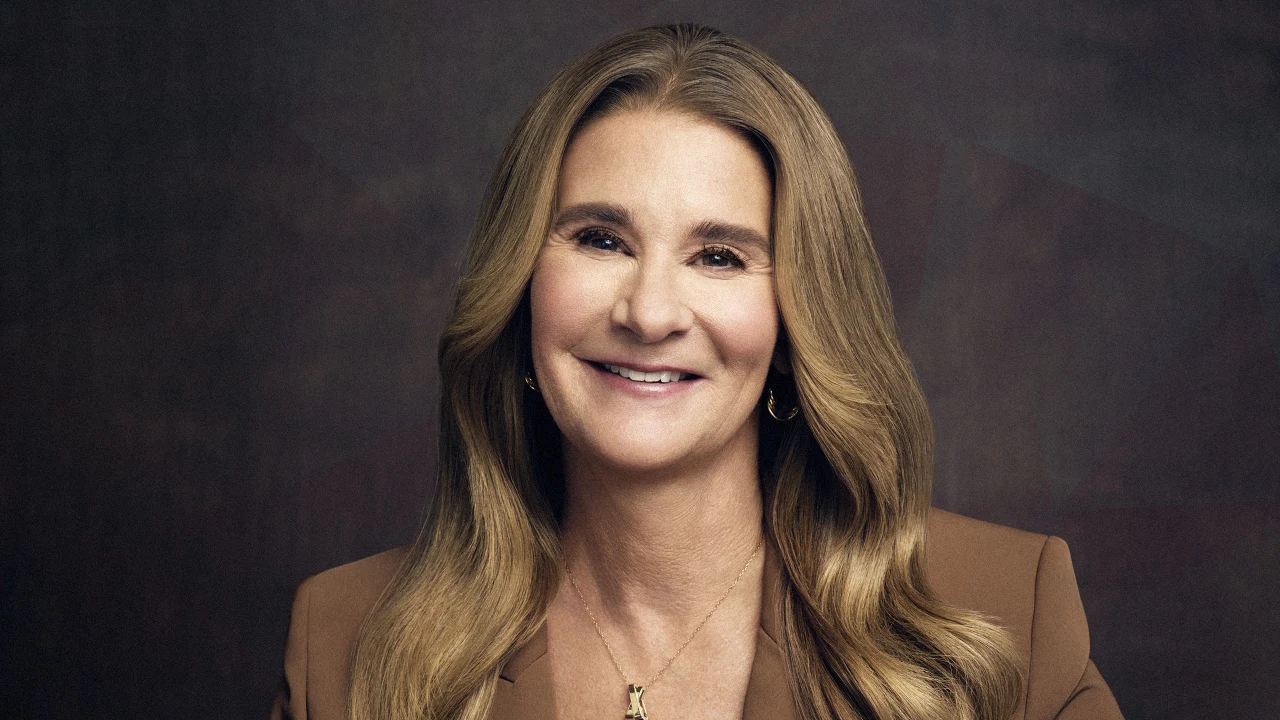


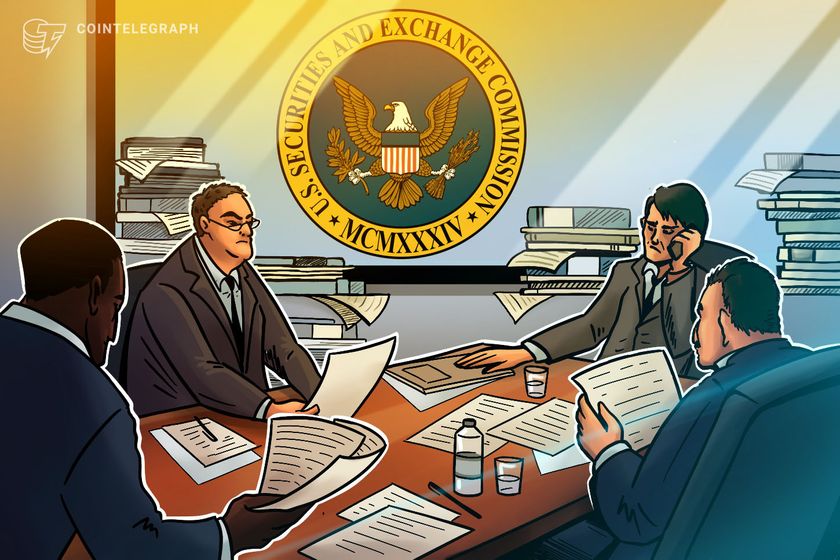


















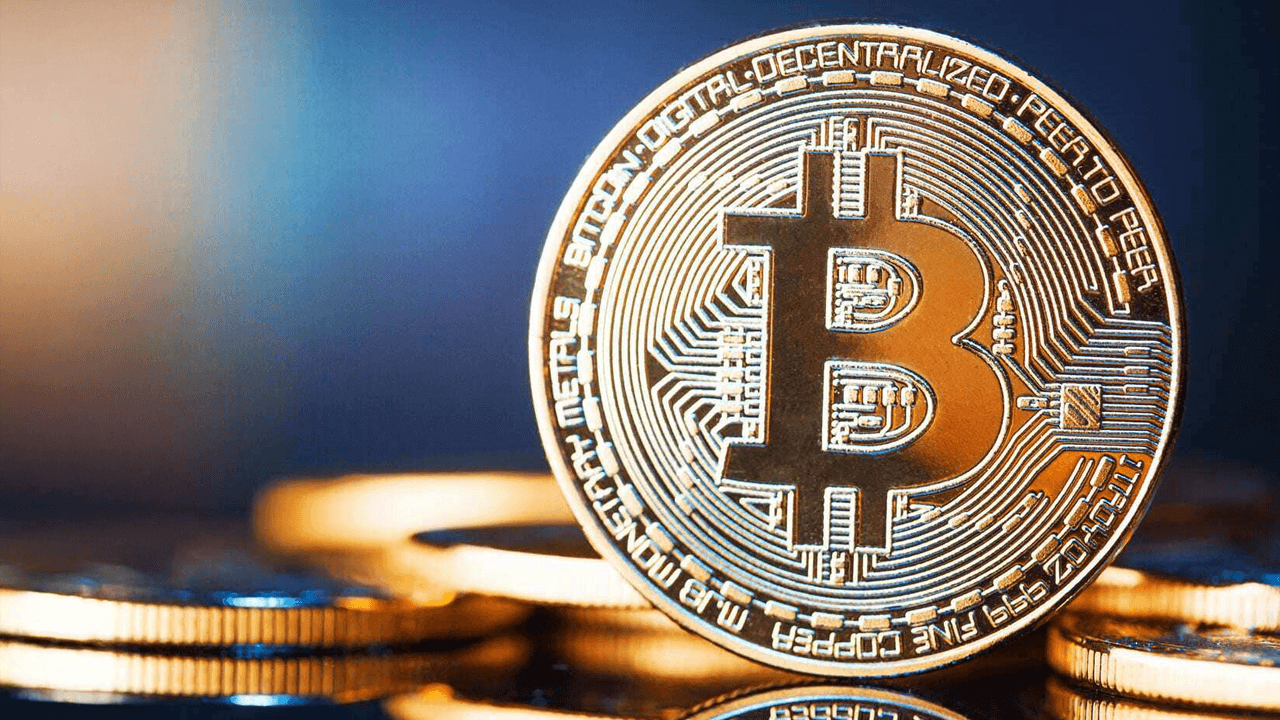

























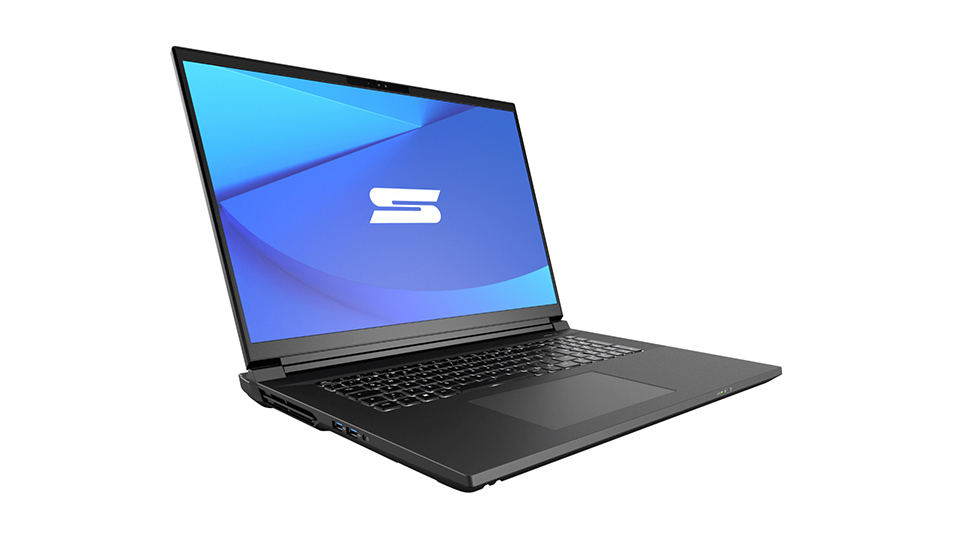
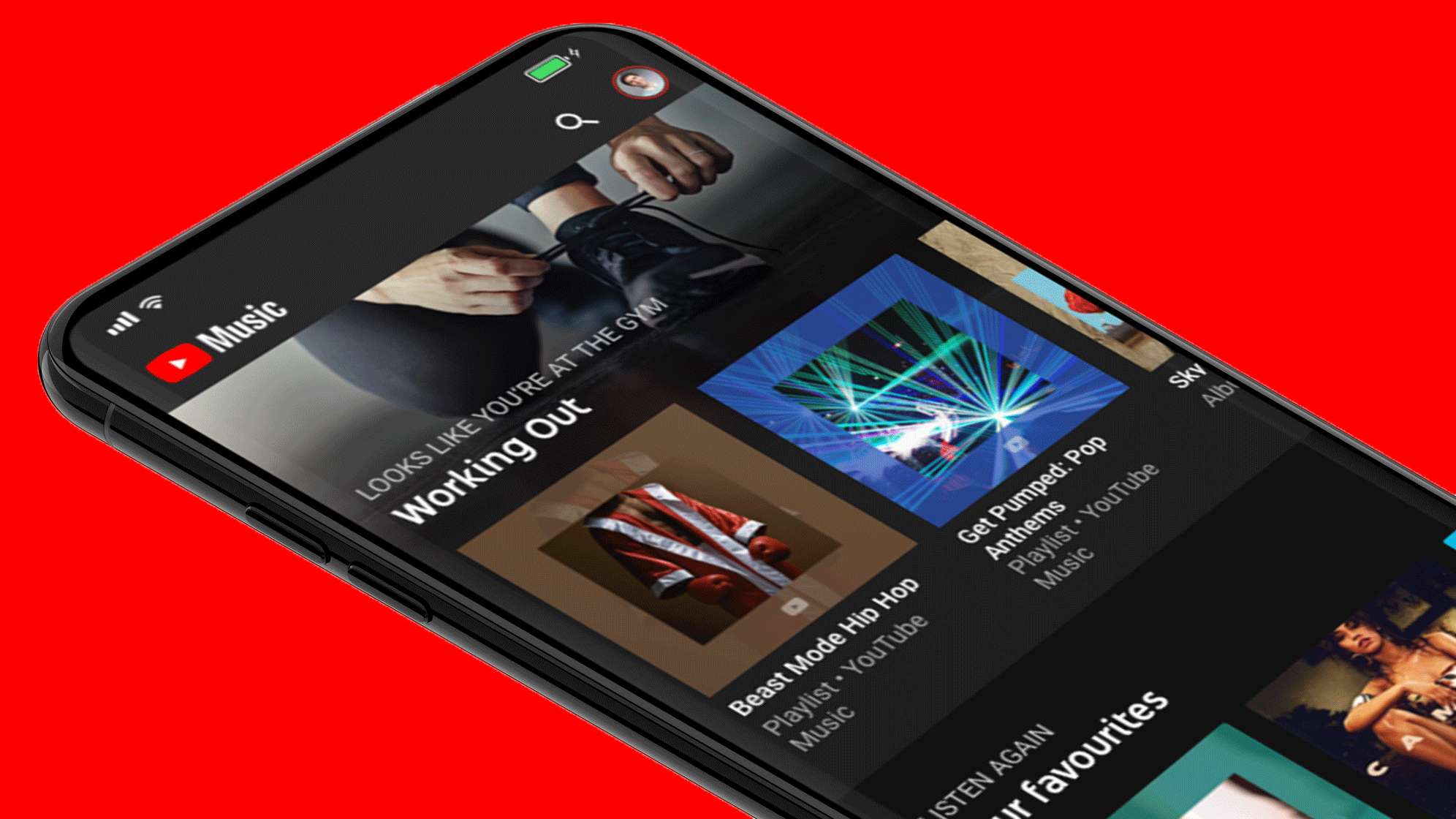




















































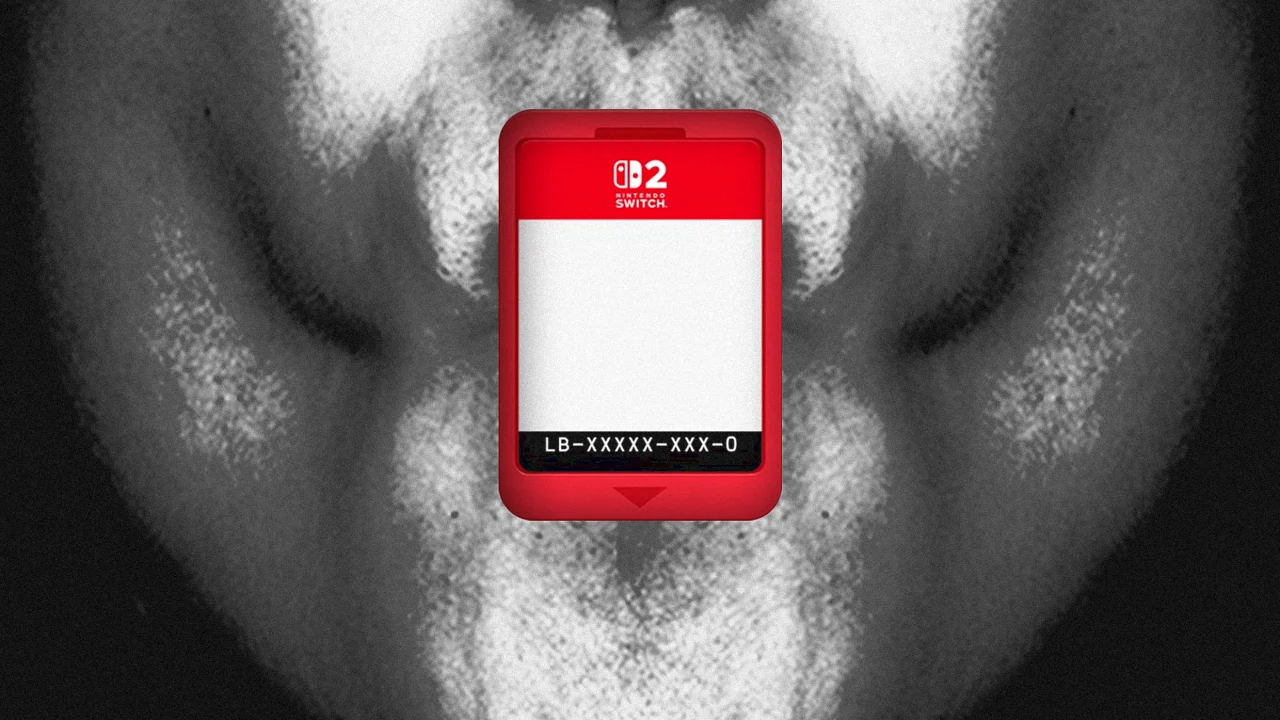
![How to Find Low-Competition Keywords with Semrush [Super Easy]](https://static.semrush.com/blog/uploads/media/73/62/7362f16fb9e460b6d58ccc09b4a048b6/how-to-find-low-competition-keywords-sm.png)
